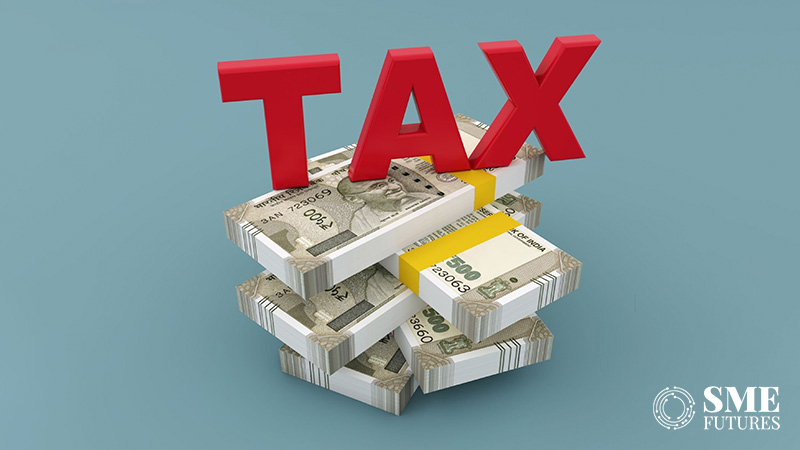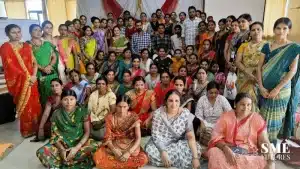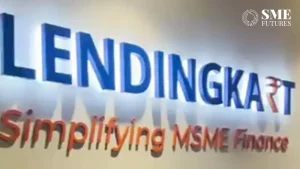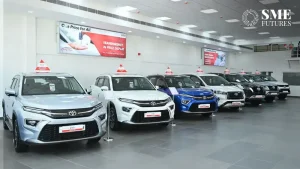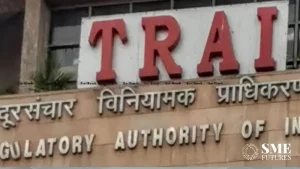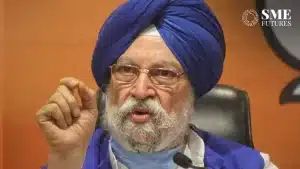The fitment committee of the Goods and Services Tax (GST) Council, at a meeting held on Wednesday, rejected the industry request for reducing the GST rate on lithium-ion batteries for electric vehicles from 18 per cent to 5 per cent.
According to sources, the reason for not reducing the levy is that apart from electric vehicles, lithium-ion batteries are also used in multiple other products including mobile phones and portable electronic goods.
The tax is seen as an important source of revenue which the government does not want to lose given the huge expenditure on social welfare and infrastructure projects in the run-up to the key assembly elections in states and the Lok Sabha polls early next year.
The fitment committee, which comprises revenue officials from both the Centre and states, is reported to have rejected the request of industry for a reduction of duty on over 10 goods.
However, it has recommended the exemption of goods and services tax on powdered millet sold in loose form where at least 70 per cent millet is used. It has also recommended a 12 per cent GST rate for millets sold in prepacked and branded form.
But it has refused to cut the rate for prepared produce made out of millet. These recommendations will be taken up in the next GST council meeting slated for October 7.
The committee also took no decision on the GST rate on scrap iron and steel as it felt more discussion is required and it is expecting a report on the issues involved by a sub-committee.
It also deferred a decision on imposing a uniform cess on cigarettes and bidi. The industry has claimed that the current cess system is not uniform.

